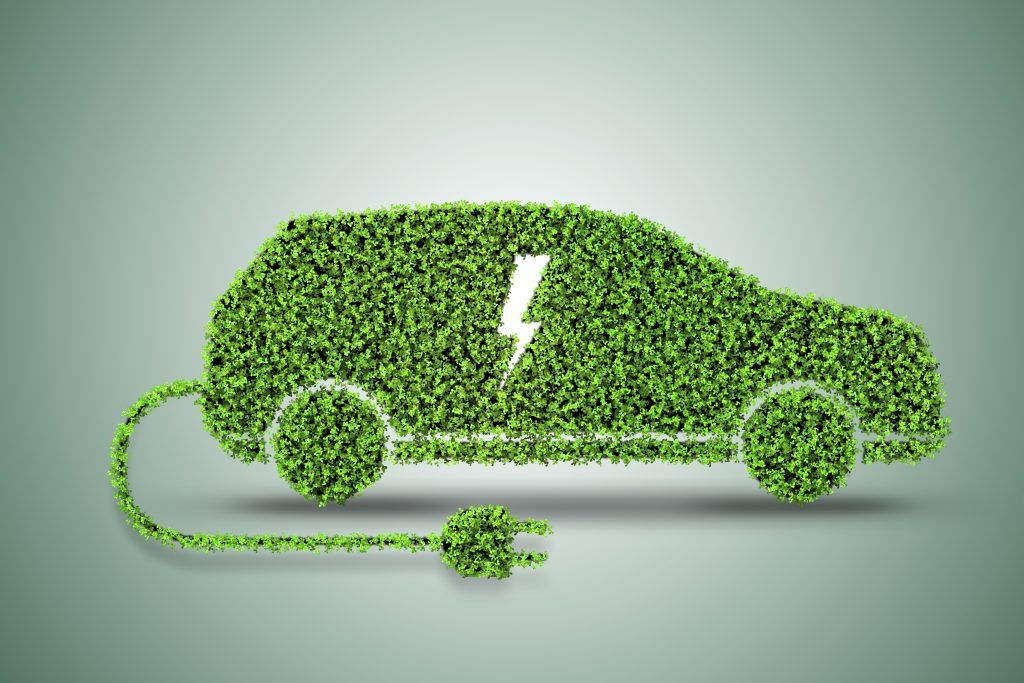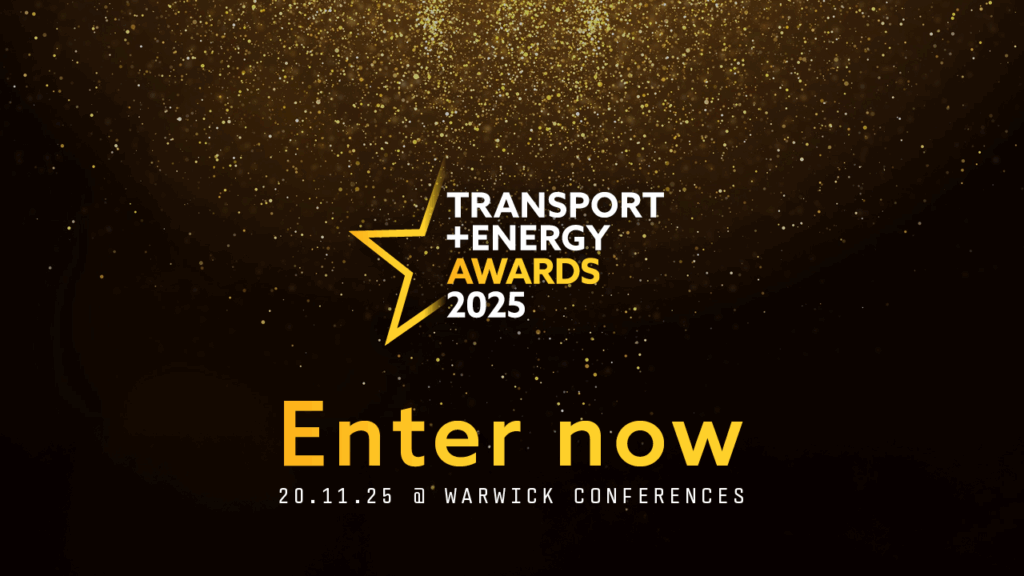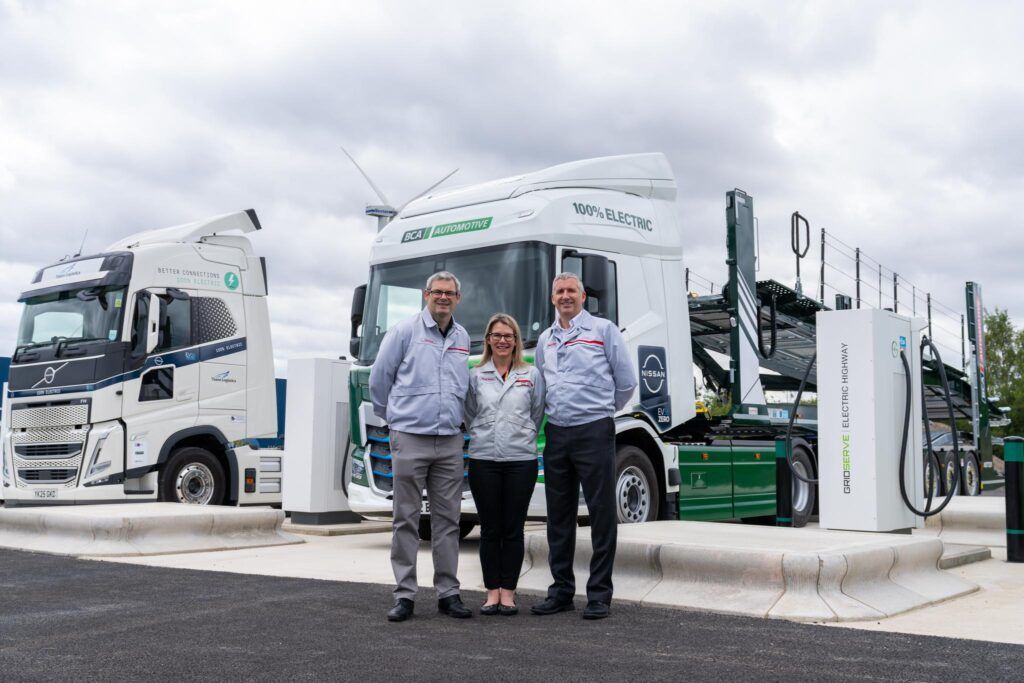Consumer anxiety is putting EV adoption at risk and could stifle the Government’s plans for a net zero future through halting internal combustion vehicle sales by 2030, a new study by Seaglass Cloud Technology claims.
The research, published by the Software as a Service (SaaS) provider to the energy sector, reveals that 40% of bill paying consumers across the country are being put off buying an EV due to rising energy prices.
And even those who are already converts to an e-mobility future could see the cost of charging their vehicles rise significantly next year.
More than half (51%) say that they are ‘extremely concerned’ about rising energy prices and a further 33% ‘concerned’ to the point that the Government could see some backlash on their targets until energy prices are stabilised.
Of particular concern, 58% of those surveyed are worried that rising energy costs will mean they won’t be able to afford their bills, or indeed afford the energy they need to charge an EV.
The news comes amidst a mass power shortage in parts of the UK due to storm Arwen which caused hundreds of thousands of homes to lose power, which if it reoccurs with the impeding storm Barra, could leave EV drivers without power, or transportation.
It’s not just rising prices that are causing for consumers, the lack of transparency is seemingly impacting rising anxiety levels.
Seaglass’ survey suggests many are in the dark regarding expected energy price rises with wide disparity between how much consumers believe prices are going to be increased.
Some 44% of consumers predict prices will rise between 10% and 25%, while another 19% assume it would be between 25% and 50%, and one-in-14 (7%) are worried prices may increase by more than 50%.
Cornwall Insight, which provides energy market intelligence and analysis, has reported that the energy price cap, set at a record £1,277 a year from 1 October, is going to have to be significantly boosted in Spring 2022 as the energy crisis continues. It predicts the energy price cap to be put up by about 30%, to about £1,660.
At current rates, charging an EV at home costs approximately £9.20 for a full charge, however, if energy prices continue to rise as Cornwall Insight suggests, this could reach nearly £12 – making a significant impact on monthly electricity bills, and impacting how affordable consumers consider EVs.
Alex Troth, Seaglass Cloud Technology, said: “The energy crisis is putting off people buying EVs, which are an important part of the Government’s net zero strategy, and that is a major concern.
“The energy crisis has also resulted in 28 suppliers going bust since August this year. Ultimately with fewer suppliers in the market and fewer new entrants, there will be less competition, which often leads to poorer outcomes for customers, particularly when it comes to innovation across the market.
“The impact is likely to be fewer tariffs and products that provide opportunities for future savings to be made. Overall, the sector needs significant support to help it provide consumers with much needed reassurance.”
Image: Shuttertsock















